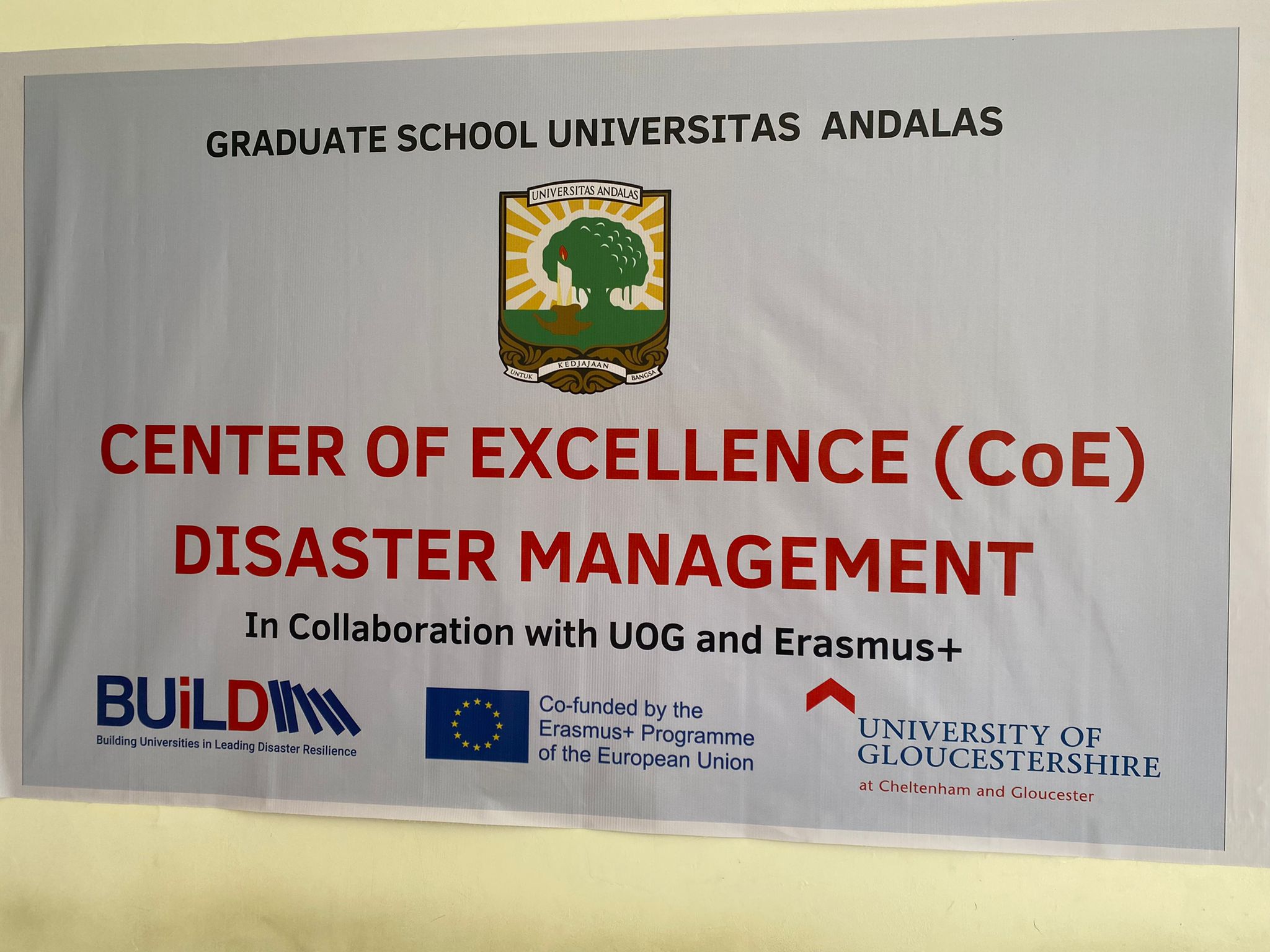“Disaster Management – The Role of Universities”
Universities have strong networks within the public and private sector and with local, regional and international communities. This places them into a unique position to not only act as catalysts for research and educational initiatives, but also to mobilise networks, resources and specialist expertise in the event of emergencies and during recovery phases.
Since the outbreak of Covid-19, crisis and disaster management is at the forefront of everyone’s thinking. Disaster mitigation and response initiatives used to be seen largely as the responsibility of a defined group of agencies including, for example, governments, emergency services, disaster aid organisations and specialist organisations. However, responding to the current pandemic has become the responsibility of us all. Individuals, families, businesses and communities around the globe have had to make substantial adjustments to their daily lives in a joint effort to combat the virus. For many, the implications are existential and may range from redundancy, bankruptcy, physical and psychological illness to unsafe domestic situations. Assisting those who are affected now and in the future is an astronomical task that will challenge policymakers, the public and private sector, charitable organisations, law makers and law enforcement for some time to come.
Unfortunately, the challenges that we are facing do not stop there. Whilst the unusually sunny weather during the lockdown is giving some welcome respite to citizens in parts of Europe, the situation elsewhere is very different. Tropical storms like cyclone Amphan that caused widespread destruction across West Bengal this month, the Zagreb earthquake in March and ongoing volcanic activity across for example Indonesia are stark reminders that whilst many economic and social activities are on hold, extreme weather and seismic or volcanic activity are not. Destinations prone to natural disasters are having to face up to the inconvenient truth that, without much advance warning, they may need to respond to a local disaster amidst the pandemic. This raises obvious questions about the feasibility of maintaining social distancing measures whilst implementing disaster response strategies and the possibility of receiving disaster aid from elsewhere whilst the Covid-19 crisis is ongoing.
Playing a leading role in emergency response internationally, the European Union is committed to promoting and facilitating the embedding of the United Nations Sustainable Development Goals (SDG) around the globe and was a key player in building the Sendai Framework for Disaster Risk Reduction that has now been adopted by 187 UN Member States. However, as reported by experts in this field, more needs be done to increase designated funds and to improve collaboration, coordination and innovation capability. The questions that follow are how and where relevant knowledge and technical solutions can be created and how these can be scaled up for maximum benefit. The same applies to the role of communities and notions of citizenship in building disaster resilience.
Whilst numerous organisations, projects and good practice models already exist dedicated to improving various aspects of disaster resilience, the BUiLD project has been designed around the proposition that universities can serve as key players in their consolidation, innovation, dissemination and future implementation. Funded by the European Commission, the project therefore fits well with the Commission’s aspiration to increase disaster prevention and response capability in multiple ways and at multiple levels. It is probably fair to say that the responsibility of educational institutions in helping to advance disaster and community resilience has never seemed greater.
Universities have strong networks within the public and private sector and with local, regional and international communities. This places them into a unique position to not only act as catalysts for research and educational initiatives, but also to mobilise networks, resources and specialist expertise in the event of emergencies and during recovery phases. This position is strengthened through their capacity to contribute to knowledge transfer, scenario planning, post-assessments and impact studies, curriculum development and innovative research initiatives to improve the diverse aspects of disaster resilience as prioritised in local, regional and national disaster management plans.
As socially responsible organisations, universities have a duty to reflect on how their educational strategies, research and business development activities, engagement with stakeholders and their institutional governance relate to the SDG Disaster Risk Reduction targets. Moreover, universities are typically large organisations with a duty of care towards their students, staff and associated communities and whose activities contribute substantially to local and regional socioeconomic development.
During the current pandemic, many universities have either extended their range of activities or redeployed resources to support healthcare providers or businesses, communities and individuals affected by the crisis. The manufacturing and donation of medical and personal protective equipment, Covid-19 related research, the repurposing of university facilities to provide accommodation for key workers or to accommodate testing facilities are some examples of current initiatives, as are efforts to support local businesses with assistance in maintaining business continuity, volunteering and fundraising.
Whilst collaboration between universities and public, private and non-governmental sector organisations has been a growing trend in the international higher education sector for some time, strategic approaches towards comprehensively embedding such partnerships into teaching, research, business support and community service are still rare. Covid-19 has given universities an opportunity as well as a duty to fundamentally rethink their role in society and to embrace their responsibility to act as organisational role models in developing educational, business and partnership models that promote and facilitate socio-economic growth, wellbeing and resilience.
Written by Nadine Sulkowski

